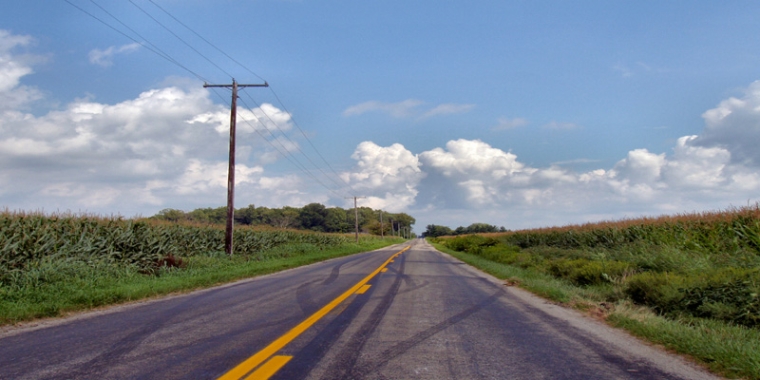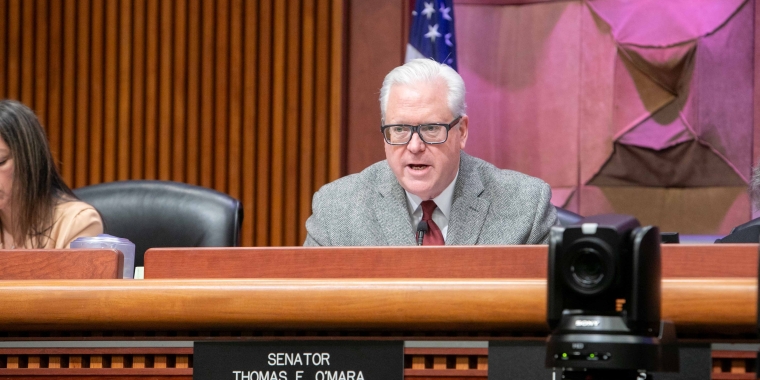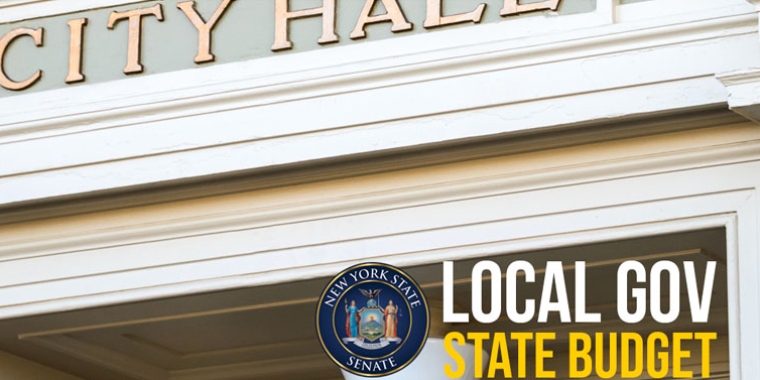
Senate approves O'Mara legislation to focus on public transportation 'crisis' in rural New York ~ Calls for state-local, interagency committee to examine impact on rural communities and populations, including the disabled, elderly and the rural workforce
Thomas F. O'Mara
June 17, 2015
-
ISSUE:
- Transportation

Albany, N.Y., June 17—The New York State Senate has unanimously approved legislation co-sponsored by State Senator Tom O’Mara (R,C-Big Flats) to focus state and local attention on the future of public transportation systems in rural New York.
According to O’Mara, the state’s ongoing and comprehensive Medicaid redesign strategy has included a shift over the past two years in the administration and management of Medicaid Non-Emergency Medical Transportation (NEMT) from localities to the state. It’s been viewed as a cost-cutting move by state officials, but a number of local public transportation officials from O’Mara’s district and across the Upstate region have continued to raise concerns about the plan and, especially, its long-term impact on rural communities and populations, including the disabled, elderly and the rural workforce.
“The Medicaid redesign effort in Non-Emergency Medical Transportation has resulted in a significant shift in public transportation services in many areas, but especially in rural, Upstate regions,” said O’Mara, a member of the Senate Transportation Committee who also serves as one of the 10 members on the Legislature’s joint, bipartisan Commission on Rural Resources. “The future of public transportation in our rural, Upstate regions is being put at risk by Albany’s attempt at a statewide, one-size-fits-all approach to these local systems. It’s a developing crisis for many rural residents. So we’re trying to bring more widespread attention to the changes underway, fully assess the consequences for our counties and do what we can to ensure that the impact on rural, Upstate public transportation at least receives a full and a fair hearing. We believe this committee’s work to facilitate stronger state-local cooperation and communication would represent an important step.”
O’Mara said that his legislation seeks to encourage counties and appropriate state agencies to collaborate on rural transportation solutions similar to recent interagency efforts to better address challenges in agriculture and other areas. He believes it could produce revitalized, more efficient and cost-effective transportation plans in rural, Upstate counties where they’re being diminished but are badly needed by many residents.
Specifically O’Mara’s legislation (S.5794/A.8202) would reconstitute the state’s “Interagency Coordinating Committee on Rural Public Transportation” in order to establish an active, collaborative forum for local representatives and state agency officials to fully examine the impact of state-level actions on public transportation in rural regions. The committee would be charged with taking a look at and issuing an annual report to the governor and the Legislature on a range of issue areas including:
> existing rural transportation systems including data on ridership, revenue and other challenges for each system;
> a county-by-county analysis of costs savings, modes of transportation, reimbursement schedules, and public transportation utilization rates resulting from the state’s ongoing Medicaid redesign initiative; and
> the overall impact of reductions in state transit operating assistance on rural public transportation.
O’Mara stressed that the committee will include input from local officials, mobility managers, transportation providers and community organizations in rural regions who continue to highlight that a one-size-fits-all approach that might work in suburban and urban areas downstate won’t work in the rural, upstate communities they represent.
O’Mara’s legislation has been referred to the Assembly Transportation Committee, where it’s sponsored by Assemblyman Anthony Brindisi (D-Utica).
Share this Article or Press Release
Newsroom
Go to Newsroom


